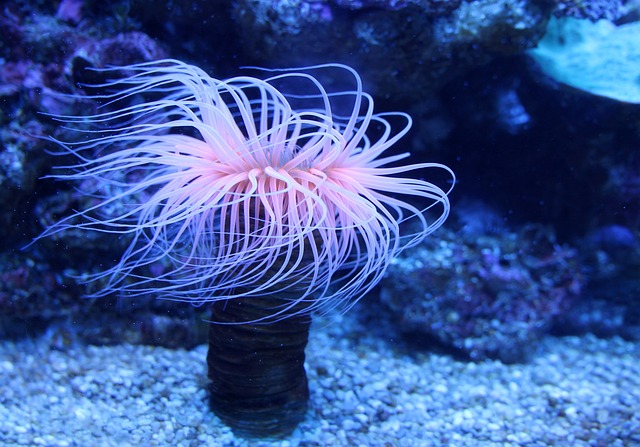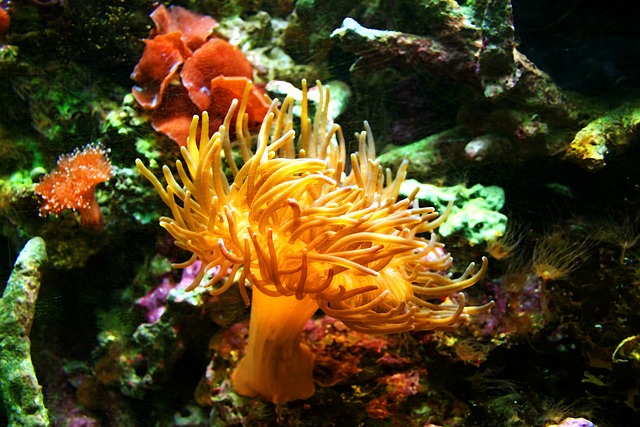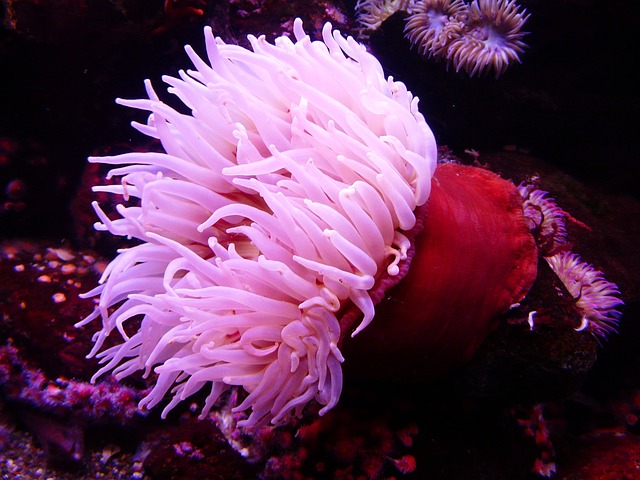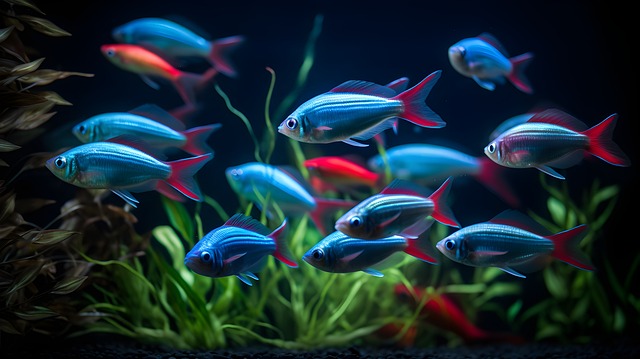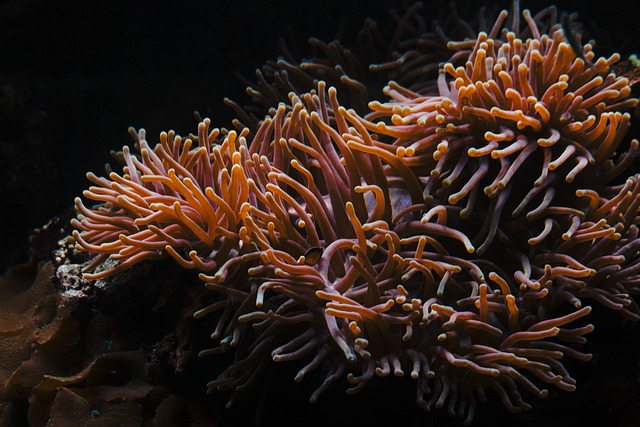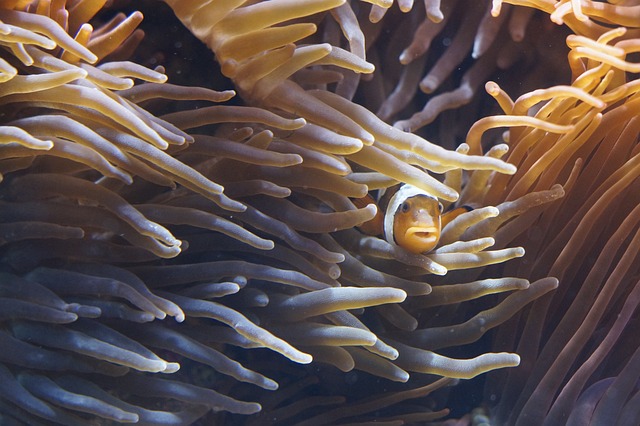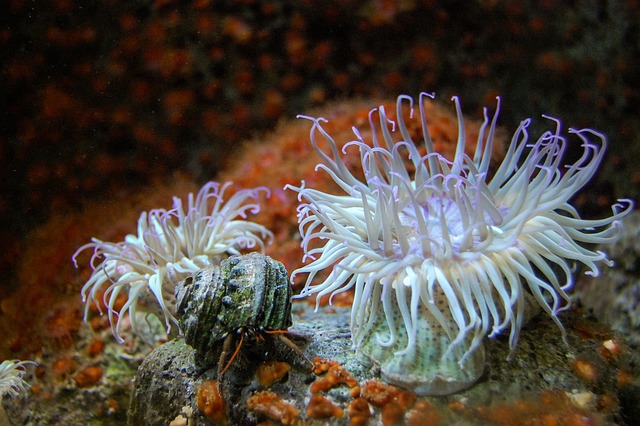Goldfish are a popular household pet that can be found in many homes across the world. While they are often considered low-maintenance pets, some may wonder if they can cause heartburn.
The answer to this question is not a straightforward yes or no, as several factors must be considered.
Firstly, it is essential to note that heartburn is a common condition that affects millions of people worldwide.
It is caused by stomach acid flowing back into the esophagus, which can cause a burning sensation in the chest.
While certain foods and drinks are known to trigger heartburn, there is no direct link between goldfish and heartburn.
However, there are some situations where consuming goldfish may exacerbate heartburn symptoms.
For example, if a person has a pre-existing condition that causes acid reflux, consuming goldfish or any other food high in fat or spice may trigger heartburn symptoms.
Additionally, if a person eats too quickly or overeats, they may experience heartburn symptoms.
Therefore, one must be mindful of one’s eating habits and pre-existing conditions when consuming goldfish or other food.
Goldfish Consumption and Digestion
Digestive Process
Goldfish are a popular snack food that many people enjoy. When consumed, goldfish undergo a process of digestion that begins in the mouth and ends in the small intestine.
In the mouth, the goldfish is broken down by the teeth and mixed with saliva. From there, it travels down the esophagus and into the stomach, further broken down by stomach acid and digestive enzymes.
After the stomach, the partially digested goldfish enters the small intestine, which is absorbed into the bloodstream and transported to the liver for further processing.
Potential Risks
While goldfish are generally safe to eat, some potential risks are associated with consuming them. One of the main risks is the possibility of heartburn or indigestion.
This is because goldfish are high in fat and can be difficult to digest for some people. In addition, some people may be allergic to goldfish or experience other adverse reactions after consuming them.
To minimize the risk of heartburn or other digestive issues, it is important to consume goldfish in moderation and to avoid consuming them on an empty stomach.
It is also essential to be aware of any allergies or sensitivities that you may have to goldfish or other types of seafood.
Overall, while goldfish can be a tasty snack, it is essential to consume them in moderation and to be aware of any potential risks associated with their consumption.
The Link Between Goldfish and Heartburn
Scientific Evidence
There is limited scientific evidence to suggest that consuming goldfish can cause heartburn. However, some studies have shown that certain types of fish, such as oily fish, can trigger heartburn in some individuals.
This may be due to the high-fat content in these fish, which can cause the stomach to produce more acid.
Anecdotal Reports
Despite the lack of scientific evidence, some individuals have reported experiencing heartburn after consuming goldfish.
This may be due to the high salt content in these snacks, which can irritate the lining of the esophagus and trigger heartburn.
It is important to note that individual experiences may vary, and what causes heartburn in one person may not have the same effect on another.
Additionally, consuming goldfish in moderation and as part of a balanced diet is unlikely to cause significant digestive issues.
In summary, while limited scientific evidence supports a link between goldfish and heartburn, some individuals may experience digestive discomfort after consuming these snacks.
Listening to your body and avoiding consuming foods that trigger heartburn or other digestive symptoms is essential.
Preventing Heartburn After Eating Goldfish
Dietary Recommendations
To prevent heartburn after eating goldfish, individuals should consider changing their diet. It is recommended that individuals avoid consuming acidic foods and drinks, such as citrus fruits and juices, tomatoes, and carbonated beverages.
Spicy foods, caffeine, and alcohol should also be limited or avoided altogether.
In addition, individuals should eat smaller, more frequent meals throughout the day rather than consuming large meals.
They should also avoid eating right before bed or lying down immediately after eating.
Lifestyle Changes
Lifestyle changes can also help prevent heartburn after eating goldfish. Individuals should aim to maintain a healthy weight, as being overweight or obese can increase the risk of heartburn.
Regular exercise can also help with weight management and reduce the risk of heartburn.
Other lifestyle changes that can help prevent heartburn include avoiding tight-fitting clothing, elevating the head of the bed while sleeping, and quitting smoking.
Smoking can weaken the lower esophageal sphincter, leading to acid reflux and heartburn.
By making these dietary and lifestyle changes, individuals can reduce their risk of experiencing heartburn after eating goldfish or other foods.
It is important to note that if heartburn persists or becomes more frequent, individuals should seek medical attention to rule out any underlying conditions.
Understanding Heartburn
Heartburn is a common condition that affects millions of people around the world. It is characterized by a burning sensation in the chest or throat when stomach acid flows back into the esophagus.
Various factors, including certain foods, medications, and lifestyle habits, can cause this condition.
The esophagus is a muscular tube that connects the throat to the stomach. When you swallow food, the muscles in the esophagus contract to push the food down into the stomach.
A ring of muscle called the lower esophageal sphincter (LES) sits at the bottom of the esophagus and opens to allow food to enter the stomach, then closes to prevent stomach acid from flowing back into the esophagus.
However, when the LES doesn’t work properly, stomach acid can flow back into the esophagus, causing heartburn. This can happen for a variety of reasons, including:
- Eating large meals or lying down immediately after eating
- Eating certain foods, such as spicy or fatty foods, chocolate, coffee, and citrus fruits
- Drinking alcohol or carbonated beverages
- Smoking or using tobacco products
- Taking certain medications, such as aspirin, ibuprofen, and blood pressure medications
- Being overweight or obese
- Pregnancy
Understanding the factors contributing to heartburn can help individuals take steps to prevent or manage their symptoms.
Sometimes, lifestyle changes such as avoiding trigger foods, losing weight, and quitting smoking can reduce heartburn symptoms.
In other cases, medications such as antacids, H2 blockers, and proton pump inhibitors may be necessary to manage symptoms.
Conclusion
In conclusion, there is no definitive answer to whether goldfish can give you heartburn. Some people may experience heartburn after eating goldfish, while others may not. It is important to note that heartburn can be caused by various factors, including diet, lifestyle, and underlying medical conditions.
While goldfish are generally considered a safe and healthy snack, consuming them in moderation is essential, and being mindful of potential side effects is necessary. If you experience heartburn or any other digestive issues after eating goldfish, it may be best to avoid them or consult a healthcare professional.
Overall, it is essential to maintain a balanced and varied diet and to listen to your body’s signals regarding food and digestion. By paying attention to your body’s needs and avoiding foods that cause discomfort, you can help promote optimal health and well-being.


